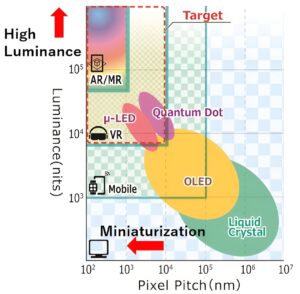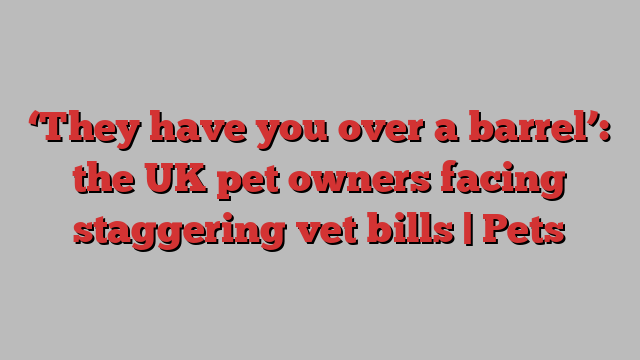
Dave Bicker is all too familiar with the staggering bills pet owners can be landed with for common ailments, which have prompted the UK competition watchdog to launch an investigation into Britain’s £2bn veterinary industry.
The 65-year-old from Leicestershire, a gardener at a university, is one of many Guardian readers who got in touch to share their experiences of the high cost and poor value for money of veterinary services they have used recently.
His Parson Russell terrier, Rufus, developed glaucoma around Christmas 2019. “After a week of tests and eye drops, for which I had to pay £300, it was decided that the eye needed to be removed,” he recalls.
“The vet trained at the university where I work. He said: ‘I can do the operation this evening or I can give him a painkiller and do the op tomorrow in Derby – it’ll be £200 cheaper there.’ The same level of care and service, just £200 cheaper.”
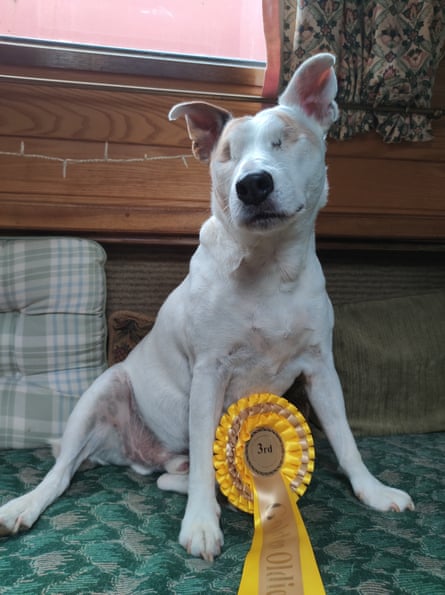
Despite being on a low wage, he does not qualify for any free services, so was hugely grateful when his colleagues at work collected the £800 needed to cover the bill.
Knowing his dog would probably need the same procedure for his second eye eventually, Bicker saved up and went straight to the Derby vets when Rufus needed a second enucleation in September last year.
“In just two-and-a-half years, the cost had risen from £800 to £1,750,” he says. “I’ve been quite shocked about the rising cost and just hope Rufus keeps healthy. I think there’s a tendency for vets to adjust their prices to match the higher figures of their colleagues. There aren’t cheap vets any more.”
Laura, from west London, adopted her first pet, a rescue cat, in February this year, and says she was shocked to be quoted a small fortune by a London vet chain for a small veterinary procedure. “My old cat, Bella, had plaque on her teeth. I was quoted about £900 for its removal, as they said she had to be asleep. We then went to France over the summer with our cat, and I decided to try my luck and saw a local vet there.
“They were not surprised actually by the £900 price, saying: ‘You know, it’s the UK, no wonder.’ It cost €33 to get rid of the plaque, no need for her to be put to sleep, the procedure lasted five minutes. It was unbelievable. The cat was not too bothered.
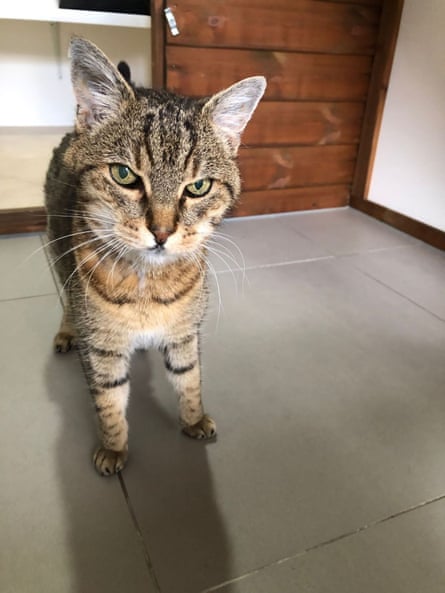
“I think people in the UK are taking the mickey, because [pet owners] don’t have much choice. My cat needs to do blood tests monthly, which costs £140, and [the French vet] said: ‘Why don’t you come to France if you need to have a blood test for her because it will be much cheaper?’”
Jo Marshall, a teacher based in Bath, uses a chain veterinary company for her dog Frank. The eight-year-old cockapoo – who can be mischievous and likes to parade with socks in his mouth – is prone to regular cysts, which means trips to the vets three to four times a year.

Marshall, 45, pays £1,028.71 a year for pet insurance, but says Frank’s cyst removals fall below the £100 excess fee, so she regularly pays about £70 each time. “There isn’t really a choice. What can you do?” she adds, describing the high costs at her chain as “worrying and depressing”.
Marshall welcomes the regulator investigating the industry. “It’s quite a common feeling that it’s a bit of a racket, someone’s making a lot of money. Most of the vets themselves seem to be really nice people. But it’s the big businesses they’re working for that are the problem.”
Amy, an account manager from Milton Keynes, switched vets after some bad experiences with her previous one, despite spending “thousands of pounds” on vet services last year.
“My cat, Ambrose, was having bouts of cystitis once a month for about nine months, and the vet kept insisting ‘it’s stress, it’s stress’ and giving me anxiety medication for him,” the 36-year-old says.
“My insurance paid an awful lot of emergency vet fees – £250 just to be seen, without treatment, but they just wouldn’t look at it further. It was awful. Eventually he got much sicker and it turned out he’d actually had cancer the whole time. It was really quite traumatic for him and me. So after he had to be put down over Christmas I switched.”
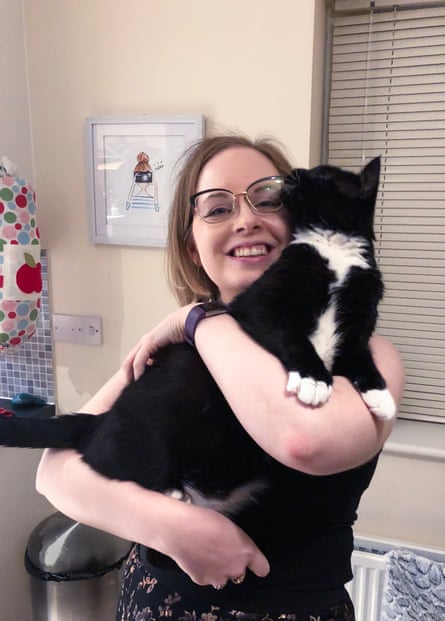
Amy now uses a major veterinary group franchise for her new cats, which she says is priced similarly but much better equipped than her previous independent practice.
The cost of veterinary care generally, she says, is a huge burden for pet owners. “It’s always very expensive, especially if you need medication. I took one of my cats last week and it cost £160 for the consultation, some antibiotics and an anti-inflammatory.
“The insurance is a massive help. I’ll be spending about £600 on my two cats’ care this year, if there aren’t any health upsets. Most of it will get reimbursed but of course this will affect the premiums I will be paying next year.
“I think [regulators] should be taking into account that using a vet is a service people can’t do without if they care about their animals. The British are known for being a nation of animal lovers, so vets have you over a barrel as you have to pay their fee because you don’t want your pet to suffer.”
The watchdog should also, she says, look at the pricing of veterinary medicines. “What’s the markup? In the NHS we have a set fee per item, and the rest is covered by the government. That’s not the case for animal medications. Are they actually being priced reasonably or are we being gouged?” she says.
